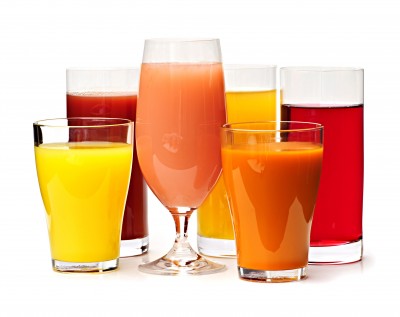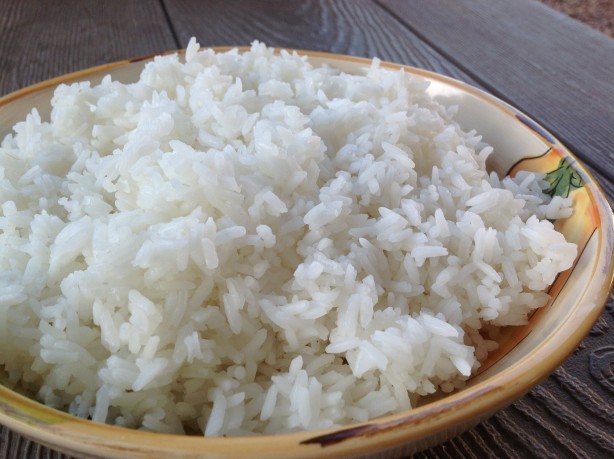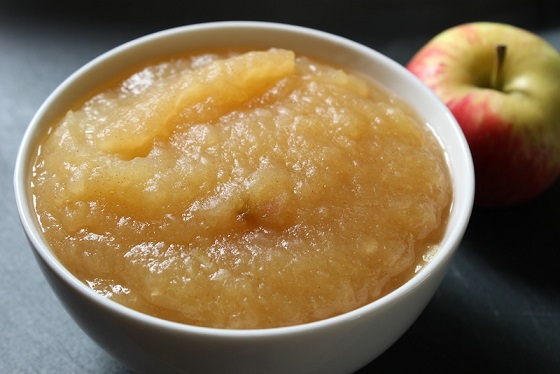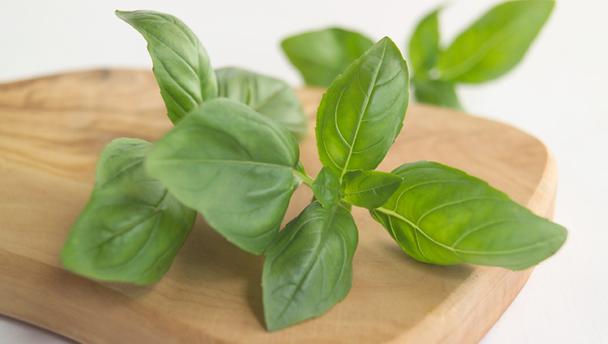If you have found yourself the victim of food poisoning, you will find that the main thing your body wants to do is rid itself of the foods that have caused it. Your body is protective of your wellbeing so you will experience vomiting and/or diarrhea. These actions, while effective, may leave you a few pounds lighter and dehydrated. Knowing how to proceed and what to eat after food poisoning can help you recover quicker. If your food poisoning is extreme, you should consult your doctor.
What You Should Eat After Food Poisoning?
1. Liquids
 Vomiting and diarrhea not only make you feel tired and weak; they deplete your body of fluids causing you to become dehydrated. Before you are able to consume solid food, you have to be able to hold down fluids without vomiting. Start with water, clear broth, tea, then some fruit juice. Try water first and if you can keep that down, move on to broth. Once you can keep broth down, you can try a light fruit juice, such as apple juice or grape juice. Take it slow and don’t move on to the next fluid until you have been able to keep drinking the current one without vomiting.
Vomiting and diarrhea not only make you feel tired and weak; they deplete your body of fluids causing you to become dehydrated. Before you are able to consume solid food, you have to be able to hold down fluids without vomiting. Start with water, clear broth, tea, then some fruit juice. Try water first and if you can keep that down, move on to broth. Once you can keep broth down, you can try a light fruit juice, such as apple juice or grape juice. Take it slow and don’t move on to the next fluid until you have been able to keep drinking the current one without vomiting.
2. Fruits
 Once you are able to keep fluids down, you can move on to fruits. Fruits consist of complex carbohydrates and natural sugars which provide your body with energy. Not all fruits will benefit you after having food poisoning, but a good place to start would be with bananas. This fruit is relatively bland and will not upset your stomach. In fact, it will help to soothe your stomach and it will help to bind you and relieve you of diarrhea. Start with one banana and eat it a little at a time. As you are able to keep it down, you can try another one.
Once you are able to keep fluids down, you can move on to fruits. Fruits consist of complex carbohydrates and natural sugars which provide your body with energy. Not all fruits will benefit you after having food poisoning, but a good place to start would be with bananas. This fruit is relatively bland and will not upset your stomach. In fact, it will help to soothe your stomach and it will help to bind you and relieve you of diarrhea. Start with one banana and eat it a little at a time. As you are able to keep it down, you can try another one.
3. White Rice
When the push towards high fiber and healthy grains became popular, plain white rice took a back seat. When pondering what to eat after food poisoning, white rice is the perfect food. It is bland enough to not irritate your stomach and solid enough to nourish you.You can also add plain pasta to the list.
4.  Applesauce
Applesauce
It will give you energy but it is gentle on your stomach because it is already broken down to a palatable state. This is one of the foods that babies start eating when they begin eating solid foods. The pectin in the apples will also help with your diarrhea.
5. Toast
 When you think about foods to eat after food poisoning, you will tend to lean towards plain foods that will keep you from feeling hungry. Toast or saltine crackers are easily tolerated and are usually given to anyone who has an upset stomach. This is a good place to start when adding solid foods back into your diet. They are comforting and easily tolerated when you are not feeling well.
When you think about foods to eat after food poisoning, you will tend to lean towards plain foods that will keep you from feeling hungry. Toast or saltine crackers are easily tolerated and are usually given to anyone who has an upset stomach. This is a good place to start when adding solid foods back into your diet. They are comforting and easily tolerated when you are not feeling well.
6.  Ginger
Ginger
Ginger has long been recognized for easing an upset stomach. You can use ginger in a number of ways to help ease the after effects of food poisoning. You can make ginger tea, combine a few drops of ginger juice with some honey, and you can even munch on slices of raw ginger.
7.  Honey
Honey
This powerful sweetener has many benefits, making it a good choice for what to eat after food poisoning. As an antifungal food, it can deal with the after effects of food poisoning. It is a fine treatment for indigestion with its antibacterial assets. You can take a tablespoon of honey in its purest form or add it to a cup of hot tea.
8.  Lemon
Lemon
There are so many properties that are healthy about lemons – they are antibacterial, serve as a powerful anti-inflammatory, and are anti-viral. Lemon juice is acidic and can kill the bacteria from the food poisoning. You can add some lemon juice to water or just add a little bit of sugar to some pure lemon juice and take it a couple of times a day.
9. Basil
 This fragrant herb can help to relieve the discomfort you experience from having food poisoning. You can take the juice extracted from basil leaves and add it to a tablespoon of honey. Combine a few drops of basil oil to about four cups of water and you can sip on it over the course of the day. You can even add a few basil leaves with a little salt and pepper in 2 – 3 tablespoons of plain yogurt.
This fragrant herb can help to relieve the discomfort you experience from having food poisoning. You can take the juice extracted from basil leaves and add it to a tablespoon of honey. Combine a few drops of basil oil to about four cups of water and you can sip on it over the course of the day. You can even add a few basil leaves with a little salt and pepper in 2 – 3 tablespoons of plain yogurt.
What You Should Avoid After Food Poisoning
Besides what to eat after food poisoning, it is equally important to know which foods to avoid so that you can prevent worsening your condition.
- Dairy products: When your stomach is in its compromised state you may find you are temporarily lactose intolerant. Give your stomach a break and refrain from dairy for a few days.
- Spicy or fatty food: These foods tend to aggravate sensitive stomachs under regular circumstances so consuming them now would just be asking for trouble. You should also rule out high fiber foods such as nuts, whole grains, citrus, and fruits with a peel. Foods high in fiber will put a strain on your stomach.
- Coffee and alcohol: Both of these fluids can make you feel out of sorts when you already don’t feel well. They both cause you to urinate more which will cause you to be dehydrated again.

